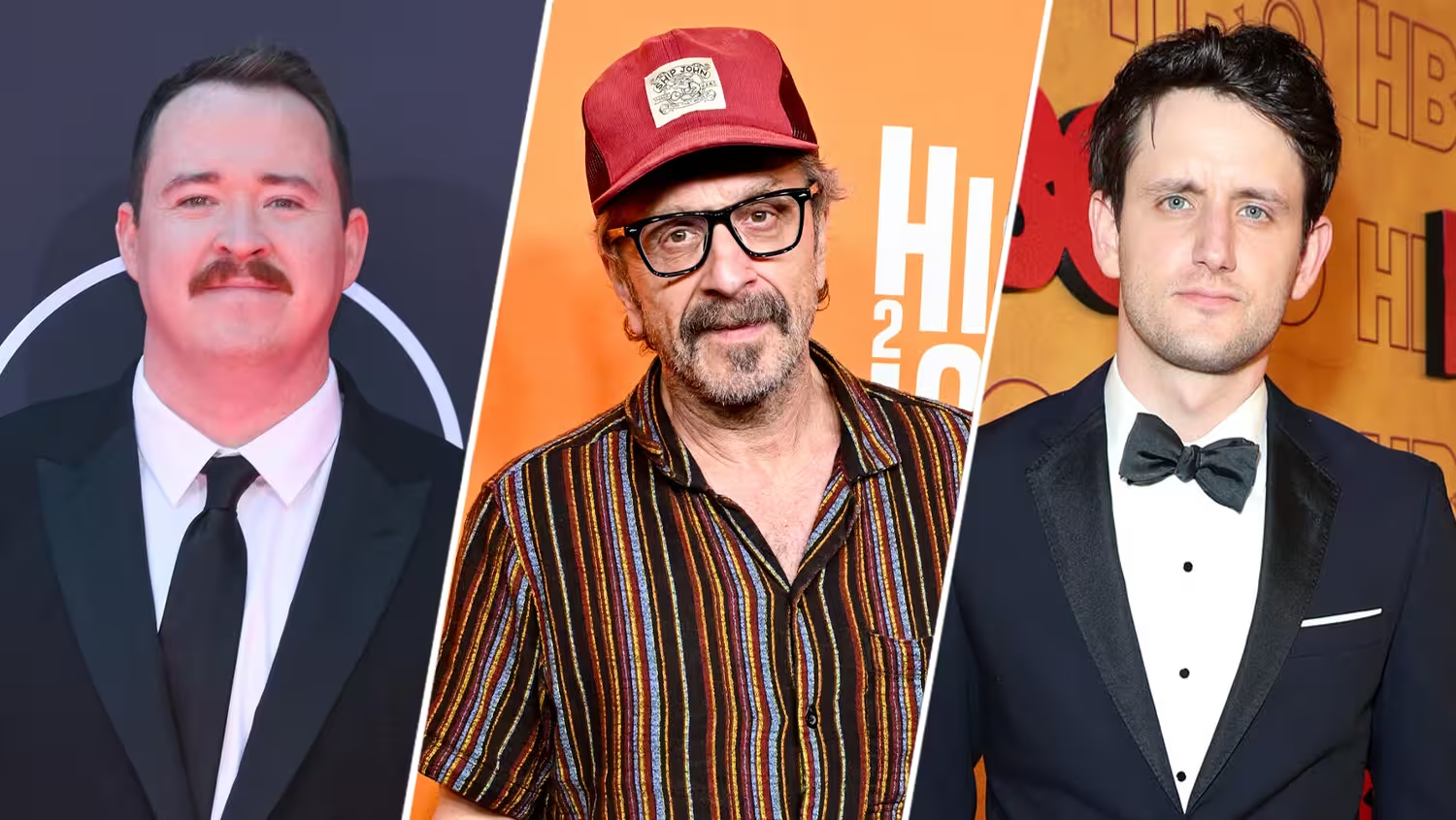6 Minutes
When a glittering roster of international stand-up stars was announced for the inaugural Riyadh Comedy Festival, the headlines were inevitable — not only for the talent on the bill, but for the intense ethical debate that followed.
High-profile comedians including Kevin Hart, Bill Burr, Dave Chappelle, Louis C.K., Pete Davidson and Whitney Cummings were among those reported to be associated with the multi-week festival in Saudi Arabia. But while the lineup reads like a who’s who of contemporary comedy, several peers publicly slammed the event, arguing that performing in Riyadh raises moral questions about artists helping to whitewash a regime with a troubled human-rights record.
Voices from the stage: satire meets outrage
Marc Maron, host of the influential WTF podcast, turned his stand-up into a searing critique rather than a plug. In a recent routine he used dark humor to highlight alleged links between Saudi leadership and historical atrocities, framing the festival promotion with a bleak punchline about accountability. Maron’s jabs were pointed: not simply a critique of the festival, but a larger indictment of how performers respond when lucrative opportunities collide with serious allegations.
Comedian Shane Gillis told listeners on his Secret Podcast that he declined a “significant bag” — even after the offer doubled — saying it was a principled decision. Zach Woods offered a satirical Instagram promo that mocked the idea of “business as usual” in a political context where critics say creative events can be used for political rehabilitation.
The dialogue quickly split into familiar camps. Some performers and industry figures defended participation on the grounds that comedy can be a cultural bridge; others argued that high-profile cultural events can be exploited for reputational gain by state actors — a phenomenon often described as “cultural washing.”
Context: art, commerce and cultural diplomacy
This debate isn’t new. The tension between artistic freedom and the politics of hosting countries has surfaced repeatedly in recent years — from major sports events to film festivals and pop concerts. For example, the controversies surrounding large-scale international events in the Gulf and other regions have frequently asked artists to weigh ethical concerns against the financial and exposure benefits of performing abroad.
The Riyadh Comedy Festival sits at the intersection of several trends: the global expansion of live comedy circuits, the increasing corporatization of stand-up, and states’ strategic use of cultural events to diversify national images beyond oil and geopolitics. Entertainment industry insiders note that talent agencies and promoters are navigating a fraught landscape where brand risk and artist autonomy collide.
Lineup growth and industry reaction
Since the festival’s initial announcement earlier in the year, the roster reportedly swelled, with top-billed names and seasoned festival regulars attached. That expansion intensified scrutiny, particularly because many of the comedians named have historically built careers on transgressive and politically charged material — raising questions about how satire adapts when its targets include hosts and patrons.

Critics argue that accepting big paydays from contentious sources can compromise the artist’s message; supporters say engagement can open new conversations in places otherwise closed to free expression. The reality for many comedians is practical: touring, streaming, and specials are lifelines in an industry where earnings from live shows and on-demand content have become central.
Expert perspective "When high-profile cultural projects land in politically sensitive places, the art becomes political whether the performers intend it or not," says film critic Anna Kovacs. "Audiences and artists alike are forced to reckon with the optics — and those optics can shape a performer’s legacy as much as their material."
Comparisons and industry insights
Compare this to how musicians and film festivals have responded to controversial hosts in the past: some artists boycott, others negotiate terms (such as human-rights clauses or community outreach), and a few accept invitations without public caveats. In cinema, festivals like the Red Sea International Film Festival in Jeddah have similarly sparked debate about cultural engagement versus endorsement — a useful parallel for anyone tracking how the film and comedy worlds handle such dilemmas.
Behind the scenes, agents and talent managers often mediate these decisions quietly, balancing contractual obligations, reputational risk and personal principles. For some performers the calculus includes whether a gig funds future creative projects; for others, refusal is an act of solidarity.
Cultural critics note another layer: the audience reaction. Social media conversations and fan communities can both amplify calls for boycotts and defend artists' rights to work globally. That discourse influences how agents advise clients and how festivals shape future programming.
This moment is as much about comedy as it is about the evolving role of artists in geopolitics. Performers who choose to participate in contested cultural events must contend with complex legacies — both creative and ethical — that extend beyond the stage.
If nothing else, the Riyadh Comedy Festival has reopened an important conversation about where comedians draw the line between humor, responsibility and commerce. Expect the fallout — both applause and backlash — to be part of the story long after the final set is over.
Source: deadline



Leave a Comment